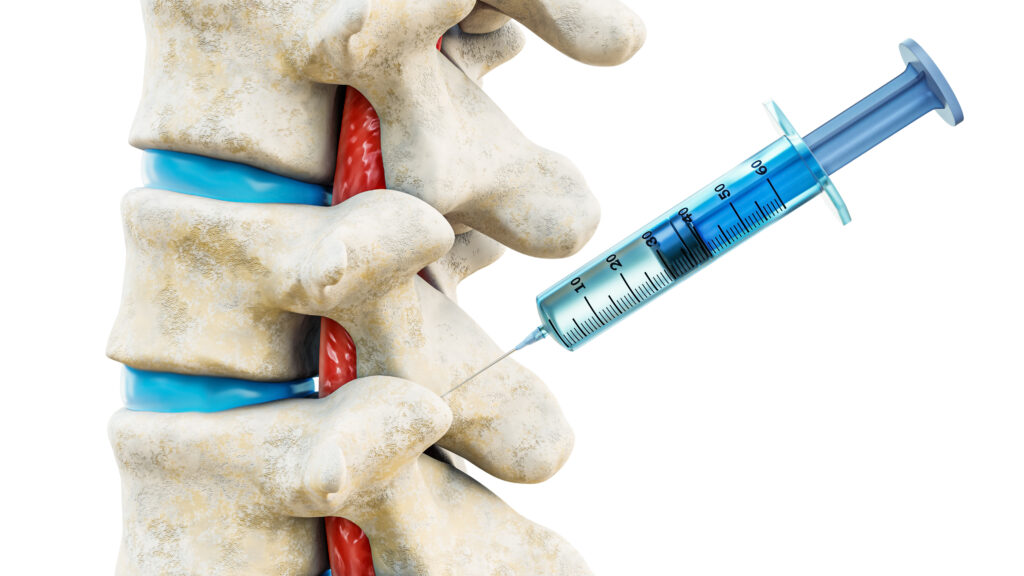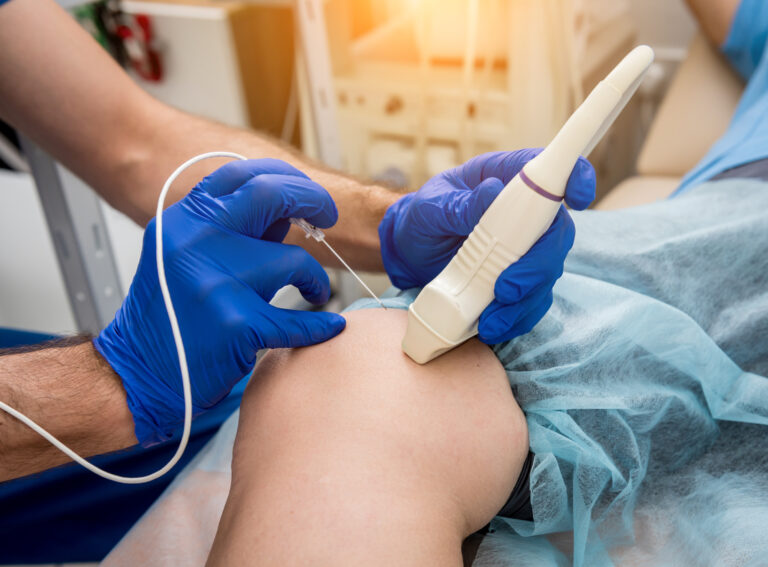OVERVIEW OF PERIPHERAL NERVE STIMULATION
BRIEF SUMMARY OF WHAT TO EXPECT
Peripheral nerve stimulation (PNS) is a cutting-edge treatment that involves the use of electrical impulses to manage chronic pain by targeting specific peripheral nerves. This minimally invasive technique can provide substantial pain relief for patients who suffer from various types of nerve pain that have not responded well to conventional treatments.
Peripheral nerve stimulation is used to treat a number of conditions such as:
Neuropathic pain is a chronic pain condition resulting from damage or dysfunction in the nervous system. It can cause burning, tingling, or shooting pain in the affected areas, and is often resistant to traditional pain medications.
CRPS is a form of chronic pain that usually affects an arm or a leg. It typically develops after an injury, surgery, stroke, or heart attack, and is characterized by intense, prolonged pain that is disproportionate to the initial injury.

WHAT TO LOOK FOR?
Determining whether you need this service can depend on several symptoms, including:
- Persistent pain in a specific area that follows the path of a nerve
- Sensations of burning, tingling, or numbness in the affected region
- Pain that worsens with movement or touch
- Muscle weakness or atrophy near the painful area
- Lack of response to conventional pain treatments
If you experience any of these symptoms, it’s essential to consult with a healthcare professional to evaluate your condition and discuss potential treatment options.


WHAT CAN YOU EXPECT?
During the peripheral nerve stimulation procedure, a small electrode is implanted near the targeted peripheral nerve. The electrode is connected to a battery-powered generator, which sends mild electrical impulses to the nerve. These impulses interrupt the pain signals sent to the brain, effectively reducing the perception of pain. The procedure is minimally invasive, typically performed under local anesthesia, and usually takes about an hour.

RECOVERY AND RESULTS
Recovery from peripheral nerve stimulation is generally swift, with most patients resuming normal activities within a few days. The effects of the stimulation are often noticeable immediately, with many patients experiencing significant reductions in pain. The treatment can be adjusted to meet individual needs, and long-term results show improved pain management and enhanced quality of life for those with chronic neuropathic pain.

WHEN TO SEEK EVALUATION:
If you are experiencing any of the symptoms above that interfere with your daily activities and have not responded to conservative treatments, it may be time to seek evaluation. Persistent pain, especially when accompanied by symptoms such as numbness, tingling, or weakness, warrants a thorough assessment by a specialist. Visiting Eclipse Clinic can provide you with a comprehensive evaluation and a personalized treatment plan to address your specific needs and improve your quality of life.
—TESTIMONIAL—
—GET IN TOUCH—
Office Hours
Mon – By Appt
Tues – Fri 9 am – 5 pm
Sat/Sun – Closed
